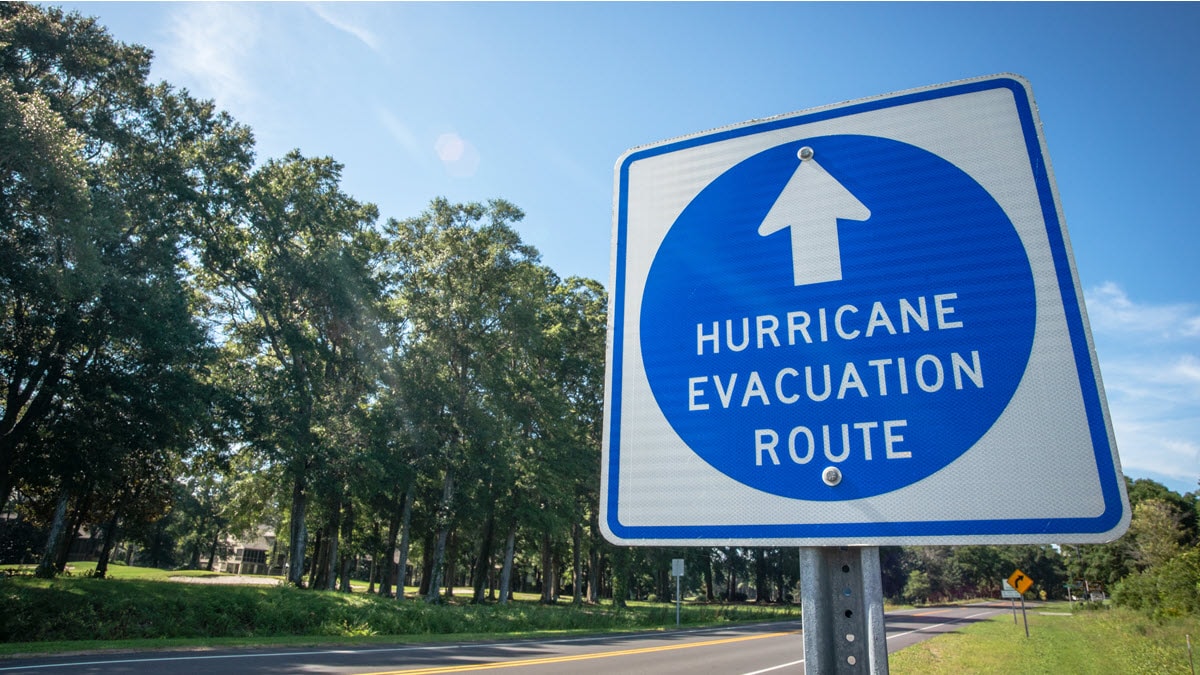Key points
Evacuation center staff, emergency managers, shelter managers, and public health professionals can work together to prevent the spread of tuberculosis (TB) in evacuation centers. Contact your state or local TB program for assistance.

Identifying persons who may have TB disease
In your evacuation center, you should actively assess two groups of people
- People who were receiving treatment for TB disease before the storm
- People with symptoms of active TB disease
An assessment should include the following questions
- Were you taking medicine for TB just before the hurricane?
- Yes: go to "Persons who were receiving TB treatment before the storm."
- No: proceed with questions 2-6.
- Yes: go to "Persons who were receiving TB treatment before the storm."
- Have you coughed up any blood in the last month? OR
- Do you have a cough that has lasted for at least 3 weeks? AND
- Have you felt feverish/had chills for more than one or two weeks? AND
- Have you lost a lot of weight recently without dieting?
- How much?
- Since when?
- How much?
If the person answers "yes" to question 2 or questions 3, 4, 5, and 6, proceed to Persons with symptoms of TB disease.
Persons who were receiving TB treatment before the storm
Suggested questions to ask people who were being treated for TB before the storm:
Did you take any medicine for your TB?
- When did you start this medicine?
- When did you stop?
- Were you taking medicine when the hurricane came?
- Are you out of medicine?
- Do you remember the names of the pills?
- If the person can't remember, ask how many different types of pills they were taking.
- If the person can't remember, ask how many different types of pills they were taking.
Who was giving you the medicine?
- Did you go to the state or local TB program/clinic or pharmacy?
- Did someone come to you and give you each individual dose?
When were you diagnosed with TB?
Do you remember if you had to cough up sputum (phlegm) into a cup for your health care provider to send to the lab? This is part of the evaluation for TB disease.
Who prescribed your TB medicine?
Important: try to get the name and contact information for the state or local TB program or health care provider who prescribed treatment. If this is not possible, try to get the name of the county or parish where the person lived before evacuating.
Help people with TB disease continue their treatment.
Persons with symptoms of active TB disease
If anyone in your evacuation center has symptoms of active TB disease (if the person answers "yes" to question 2 or each of the questions 3, 4, and 5 above), contact the state or local TB program immediately.
The state or local TB program may conduct a contact investigation if someone was potentially infectious (meaning the person could have spread TB germs to other people) while evacuating or staying in the evacuation center.
A contact investigation is a process for identifying people who may have been exposed to TB and providing follow-up care. The state or local TB program will work with evacuation center staff to conduct a contact investigation if needed.
Help prevent the spread of TB germs
TB is spread through the air from one person to another. The TB germs are put into the air when a person with active TB disease of the lungs or throat:
- Coughs,
- Speaks, or
- Sings.
Keep plenty of tissues on hand and offer them to clients and staff to cover their cough.
Contact your state or local TB program if you believe someone has active TB disease.
